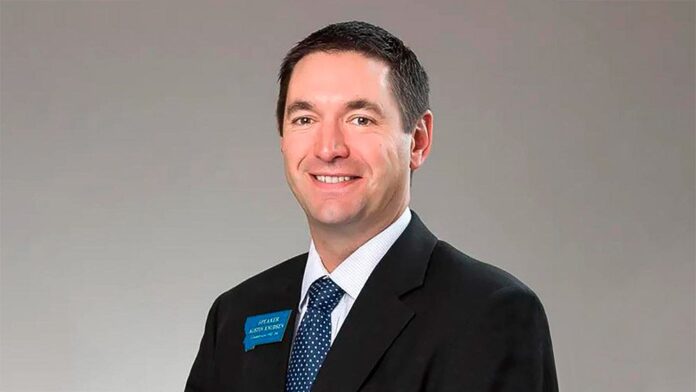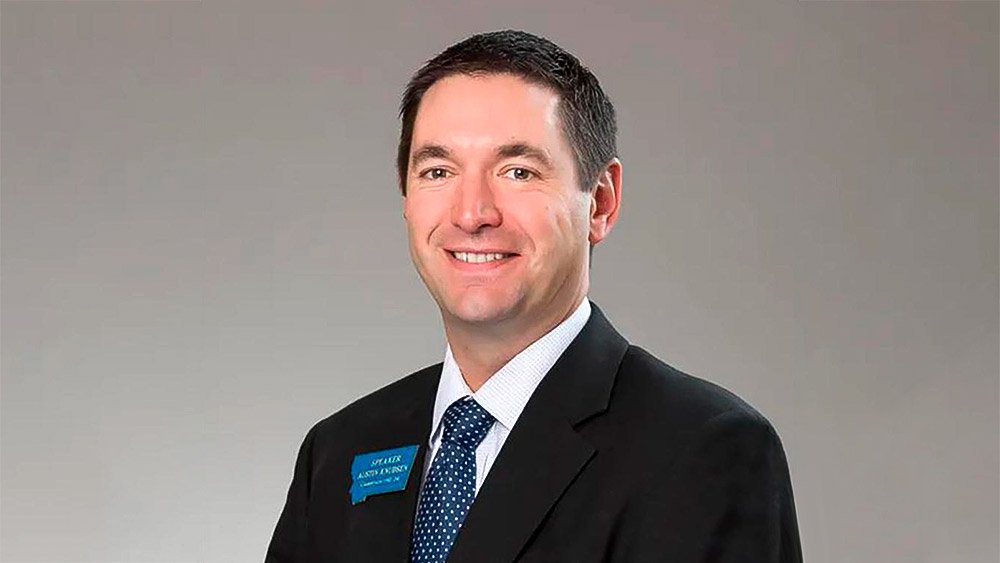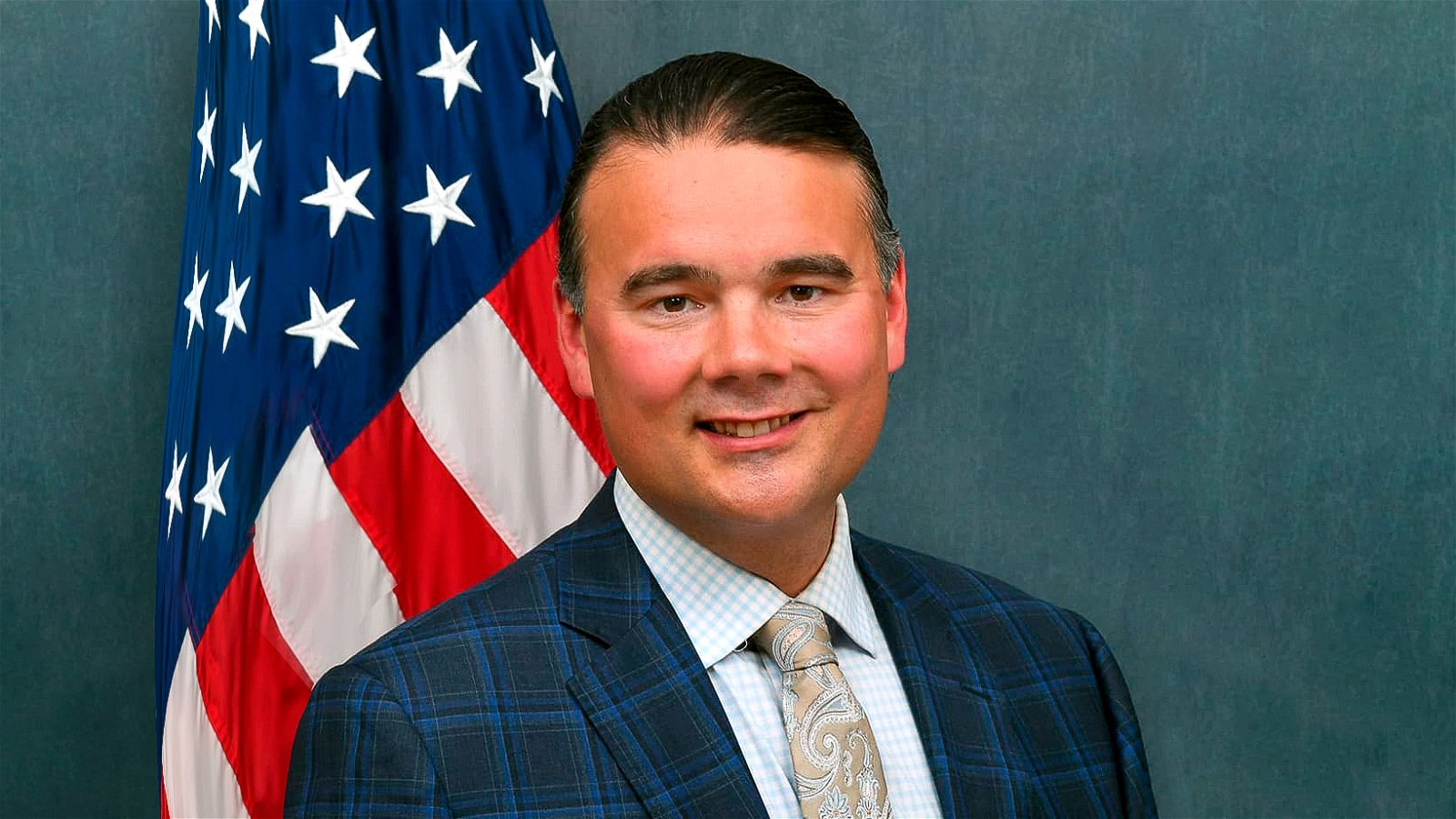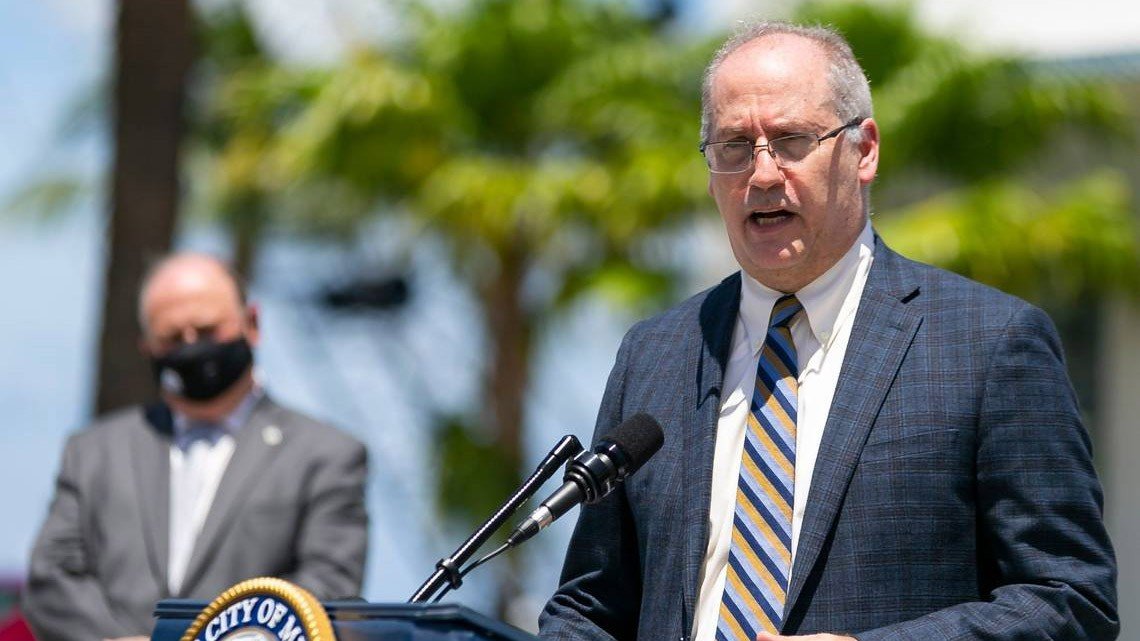Native American tribes could expand their gambling operations in the US, including both retail and online betting, through new rules proposed by the federal government. Brought forward by the Bureau of Indian Affairs, these would ease rules for tribes to acquire land for casino development and enable them to negotiate iGaming deals with states.
However, this move has sparked opposition from commercial gambling competitors and state and local government leaders concerned about losing out on tax revenues and having less input on where casinos are developed, according to comments submitted last week to the Bureau of Indian Affairs. Twenty Republican state attorneys general sent a letter outlining several concerns about the proposals Wednesday.
“The proposed regulations would authorize an unprecedented expansion of tribal casino gaming—and would achieve that outcome by unjustifiably restricting the ability of state governments to adopt and enforce their own policies on gaming matters,” said Montana Attorney General Austin Knudsen in the letter signed by 19 other attorneys-general, as reported by The Wall Street Journal.
Austin Knudsen
The proposed rule changes, introduced late last year, were prompted in part by how much gambling has spread across the U.S. since a federal law regulating tribal gaming was enacted 35 years ago, federal officials said. With the rise of state-taxed commercial casinos and state-run lotteries, tribes and state governments have been placed in competition, the proposal says.
“The federal government has a treaty and trust responsibility to protect tribal sovereignty and revitalize tribal communities by strengthening their homelands and economic self-sufficiency,” said Bryan Newland, Interior Department assistant secretary overseeing Indian Affairs, in a statement issued in December.
Bryan Newland
The Indian Gaming Regulatory Act requires tribal and state governments to negotiate gaming compacts to operate casinos on tribal lands. Tribal gambling revenue has grown from $121 million when the law was enacted in 1988 to $39 billion in the 2021 fiscal year, nearing the $53 billion in commercial gambling revenues reported in 2021, according to the federal government.
The proposal allows for tribes to negotiate statewide iGaming under tribal-state compacts. Online bets could be deemed on-reservation if the server accepting remote wagers is on tribal lands, according to the proposal. Opponents said the changes would require states to allow forms of gambling that some state laws might not have otherwise allowed, such as sports betting, blackjack or roulette.
Another proposal seeks to make it easier for tribes to acquire land, a process in which tribes request the U.S. government move properties into a trust on their behalf. For off-reservation land, the Interior Department would give priority to evaluating how the land benefits a tribe without consideration to how far away the land is from a reservation, according to the proposal.
Miami Beach Mayor Dan Gelber
That proposed rule change doesn’t directly address gaming or casinos, but tribes can seek to have land used for casino developments, notes The Wall Street Journal. This has already led to controversy, as last week Miami Beach Mayor Dan Gelber asked the federal government to reject the proposed rule as he believes it could enable Indian tribes to buy land in the city and build a resort casino, bypassing the usual local opposition to gambling expansion.
In a letter to the U.S. Department of the Interior, he warned the Bureau of Indian Affairs that its plan “can and will facilitate and hasten the introduction of off-reservation Indian gaming casinos.”
Meanwhile, the issue of tribal online gambling has also kept one of the biggest potential mobile sports betting markets in the U.S. from operating. In 2021, the state of Florida and the Seminole Tribe of Florida struck a deal that gave the tribe control over statewide mobile sports betting. The Seminoles operate casinos and own the Hard Rock entertainment brand.
But two gambling halls in Florida challenged the compact in a federal lawsuit, claiming the gaming compact violates federal law because it allows for gambling off tribal lands. A judge agreed and threw out the new compact. The Interior Department appealed. The appeal is pending in the U.S. Court of Appeals for the District of Columbia Circuit. Meantime, online sports betting in Florida has been placed on hold.
Original article: https://www.yogonet.com/international/news/2023/03/06/66333-us-tribal-gambling-operations-could-see-major-expansion-under-new-rules-proposed-by-federal-govt

















